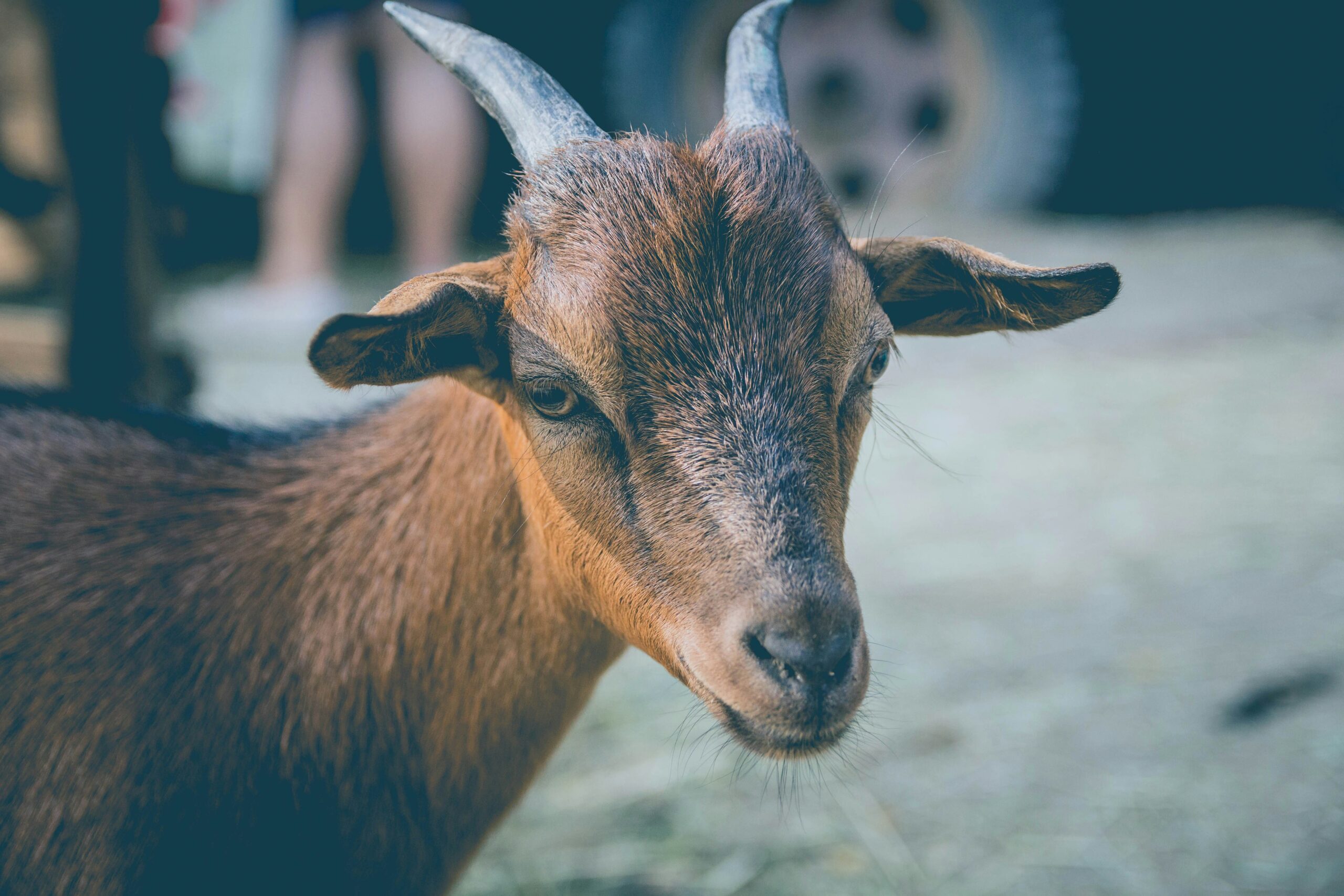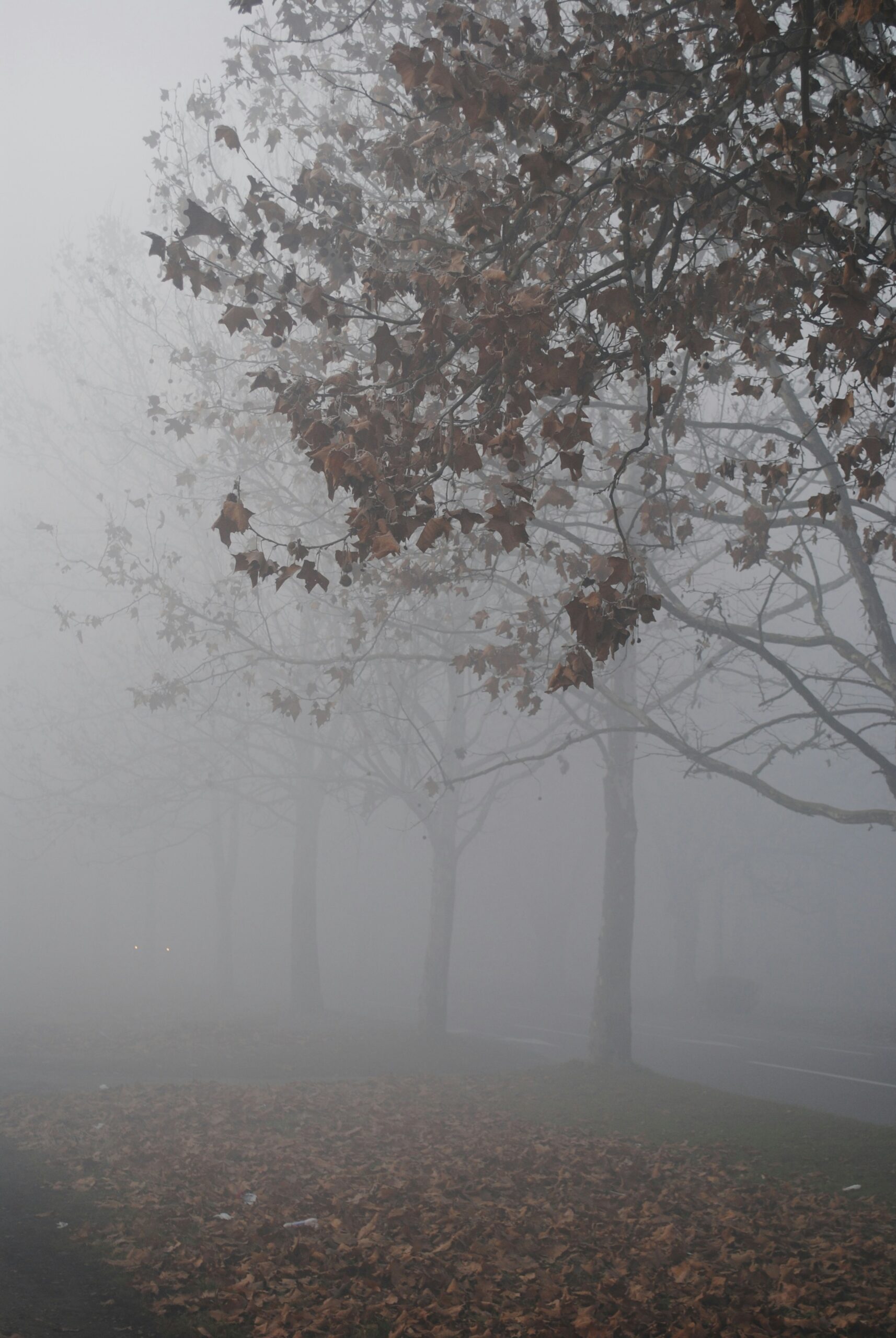When I saw the goat, a red or was it a brown goat, standing on what remains of the old Kofar Kabuga, its color blending with that of the earth it was standing on, I thought of taking a picture of it. But my phone was buried somewhere in my backpack, and it simply didn’t seem like a nice idea to start bringing it out at that time. I was not ready to risk the wrath of Kano phone snatchers, plus I was not in the mood for buying a new phone. As I approached the narrow entrance of the old kofa, I thought of how old it was, and the millions of people that passed through it. I imagined it then, when the city wasn’t this big, and the white man did not come. When a Sarkin Kofa guarded its gate and interrogated whoever was passing through after it was officially closed. I imagined the faces of people passing through, women, children, men, donkeys, horses. I imagined their black skins glistening in the ever-scorching Kano sun. I also wondered why no state governor ever thought of preserving our culture and making a fortune from the tourism activities that will generate. Almost all traces of the Badala that once encircled the whole city were gone, as well as the old gates. What remains of them now is the reconstructions made, some of which carried the horrendous paintings of some commercial brands. I remembered the gate of Kofar Kabuga, that was still at the Gidan Makama Museum with holes made from the bullets the whites used to force it open. I struggled to match the small gate at Gidan Makama with the large opening I was passing through. Maybe time has expanded the walls, eroding it little by little, until it became what I saw today.
I was coming from BUK old site, where Nana Sule (https://nana-hauwa.vzy.io/)and I had a meeting with one of our patrons in preparation for our upcoming Kano International Poetry Festival. We walked from the ASUU BUK Secretariat to the main gate. I told her a story of an encounter I had with the then Chairman of ASUU BUK, Dr AB Baffa. The secretariat, which was uncompleted then, was our reading place. It was quiet and away from the noisy bubble of the old campus. We were reading with Hauwa Madaki, when suddenly, the chairman appeared, riding his bicycle. He parked, and was about to enter the secretariat, when he saw a pure water leda, I had taken and left abandoned by the side. It made him furious, he ranted on how we come and litter their place, how we don’t know how to take care of our environment. I mumbled my apology, with my head hanging, held in place by my shame. I thought he was overreacting, probably something had angered him, and he ventured anger at me. I recounted the story to Nana laughing. Time has done its wonders again, turning a misfortune into a joke. As we walked, we talked about the plots of the stories we were working on, the characters, and how they were coming up. I told her about a story I had in my head for months, but which I am still unwilling to bring forth to life. I laughed at how Nana could not complete her sentence when I teased her that she was turning twenty-five on her upcoming birthday. She is turning twenty-nine, and I told her I couldn’t wait for her to join our rank, the rank of the above thirty.
Over the past months, or is it a year already, Nana and I have gotten close. I had known her for a while. I think the first time I met her was in BUK creative writer’s forum. She was speaking, and I wondered how a woman has the voice of girl, a girl child to be precise. Somehow, we became friends, and when we realized we share the same dream, a bond was born out of our desire to bring it to life. We meet quite often and chat almost every day. When we met yesterday and realized we haven’t met since we came back from Kabafest, it felt like a long time ago. I like Nana. I like her kindness. I like her love for words, and the ease with which she weaves them into beautiful stories. I like how considerate she is, how much she sometimes, most times, tiptoes around people in order that she does not hurt them or cross a line. She was the first person to send me a new year message this year, acknowledging the hurt I had experienced the previous year, admired my resilience and strength, and wished me well. I still remember her words, and always see her in their light.
When we reached the main gate, we decided to walk to Kabuga before going our separate ways. We talked about books, and life, and how Tinubu’s economy is strangling us. We talked about our desire to go on residencies so we can have time and the quiet needed for us to finish our immediate writing projects. I told her how I wished I had gone for umrah in 2016 while I was doing my internship. I lamented how the economy and the ever-increasing demands of adulthood keep truncating that desire in me. We talked about our jobs, their challenges, our baby, The Third Space, and how we plan to nurse it till it grows to its full potential. We laughed. We joked. We lamented. We remembered books and plots and characters. We talked about the creativity that is needed to write a voice driven novel. We talked about A Brief History of Seven Killings, and the distinct voices of the characters. And when we reached Kabuga junction, we hugged and parted. I crossed the road, and took the shortcut through Kofar Kabuga, the old Kofar Kabuga, with its few heaps of sand that survived the wear and tear of time, and a goat, resting on its ancient back.
- In The Poetry of Life: The Poetic Side of Melancholy | Nasiba Babale - April 11, 2025
- In The Poetry of Life: The S. I. Unit of Love | Nasiba Babale - January 31, 2025
- In The Poetry of Life: Things I Remember About My Grandmother | Nasiba Babale - January 10, 2025












Leave a Reply